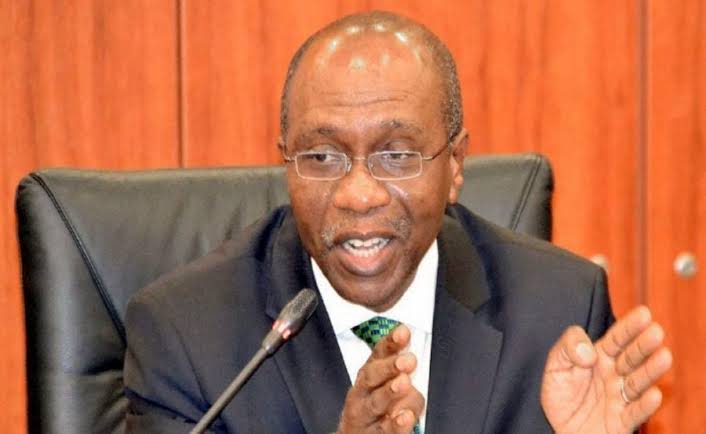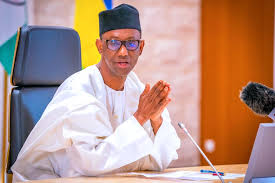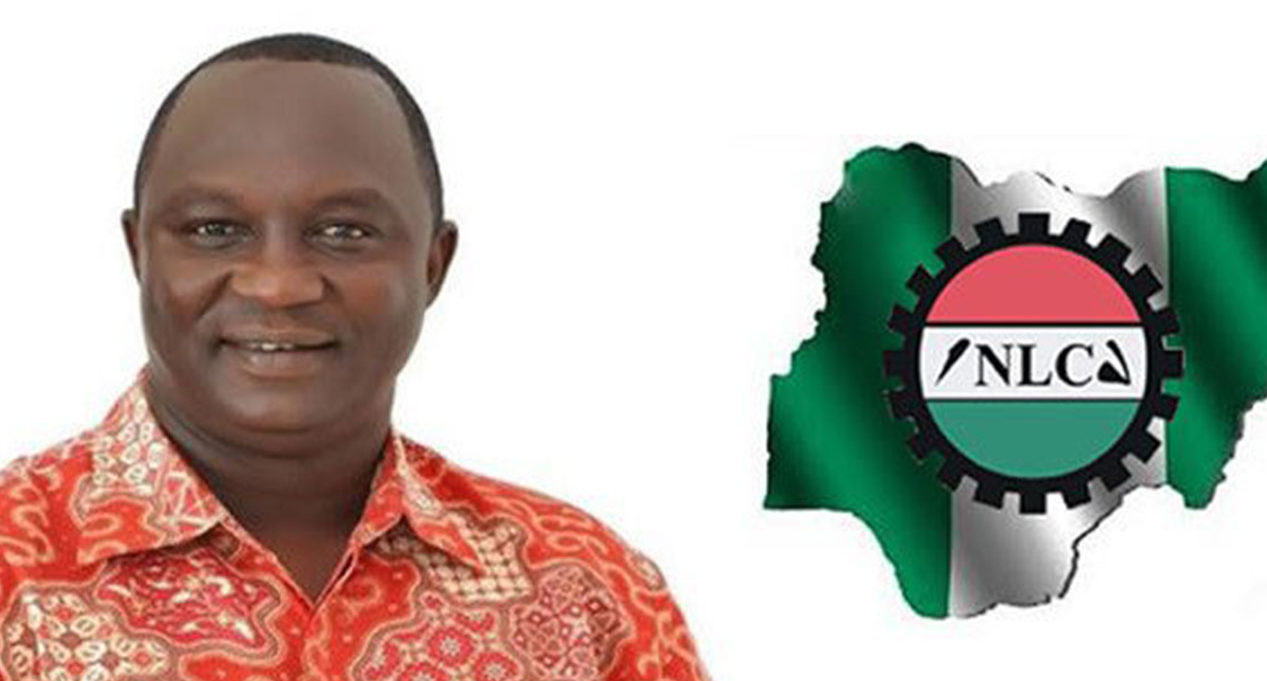The Governor, Central Bank of Nigeria (CBN), Mr. Godwin Emefiele, has said that the Monetary Policy Committee will chart a new course for an improved monetary policy and Central Bank of Nigeria (CBN) that will provide direction for monetary policy in Nigeria.
The governor said this at a Monetary Policy Committee (MPC) Strategic Retreat in Lakowe, Ibeju-Lekki in Lagos on Friday.
The News Agency of Nigeria (NAN) reports that the retreat has “Monetary Policy Implementation in a Digitally-Evolving Developing Economy’’, as its theme.
Emefiele said that technology and innovation was playing a major role in output growth and economic development in Nigeria, hence the need to explore new ways of adapting monetary policy tools to improving the contribution of technology and innovations to the growth equation.
He said that monetary policy had been severely challenged, as its policy space narrowed significantly, in some cases, paradoxically and necessitating the need to rethink monetary policy in the context of emerging challenges and economic transformation.
“I, therefore, commend our choice of the theme of this retreat ‘Monetary Policy Implementation in a Digitally-Evolving Developing Economy’.
“The evolution of FinTechs, Cryptocurrencies, Digital Payments, Artificial Intelligence and Machine Learning, have changed the functioning of the financial and banking sectors, both globally and domestically.
“Therefore, the urgent call for the need to rethink financial system regulation, supervision and monetary policy implementation,’’ the CBN governor said.
According to Emefiele, whereas, innovations come with lot of risks and uncertainties for the sectors, they also have many benefits for positive economic transformation, particularly, financial inclusion which has been the principal catalyst for inclusive growth, poverty reduction and employment generation.
READ ALSO: NAPTIP Rescues 12 Year Old Girl Married Out As 3rd Wife In Benue
The governor also said that the apex bank had championed the financial inclusion principle to achieve the Sustainable Development Goals (SDGs), including the recent launch of the eNaira.
He said that since its launch, a large unbanked populace had been captured into the formal sectors, saying that it had also improved monetary policy efficiency and positive impact on the better standard of living for the population.
Emefiele said that the central banking and monetary policy relevance in the digital ecosystem was sometime challenged as the regulatory oversight functions were largely eroded or weakened by impotency of traditional tools in carrying out those functions.
He said, “In order to ensure the relevance of monetary policy and the role of monetary authorities in the new digital world, MPC members must embrace themselves with advanced level understanding of the interplay of digitalisation with monetary policy objectives, targets and tools.’’
Emefiele said that the purpose of the retreat was to conduct a self-appraisal on committee’s performance for four years after the last retreat was held and brainstorm on new methods of addressing the increasing challenges confronting monetary policy formulation and implementation in Nigeria.
“First is that the purpose of this is to conduct a self-appraisal to tell ourselves how have we performed in the light of the challenges that confronted us in the last three to four years after we held the last retreat.
“How have we performed in the implementation of some of those decisions we reached at that retreat and then we begin to tell ourselves again, if we haven’t done well, what are we supposed to do going forward to chart a new course for monetary policy’’, he said.
Global experts and colleague governors from other central banks, including the International Monetary Fund (IMF), Bank for International Settlements (BIS), Bank of Kenya and private sector players were present at the meeting.
Members will share their experiences and thoughts on emerging issues with the objective of collating some well thought-out and implementable measures to address the impacts of digitalisation on the Nigeria economy. (NAN)











